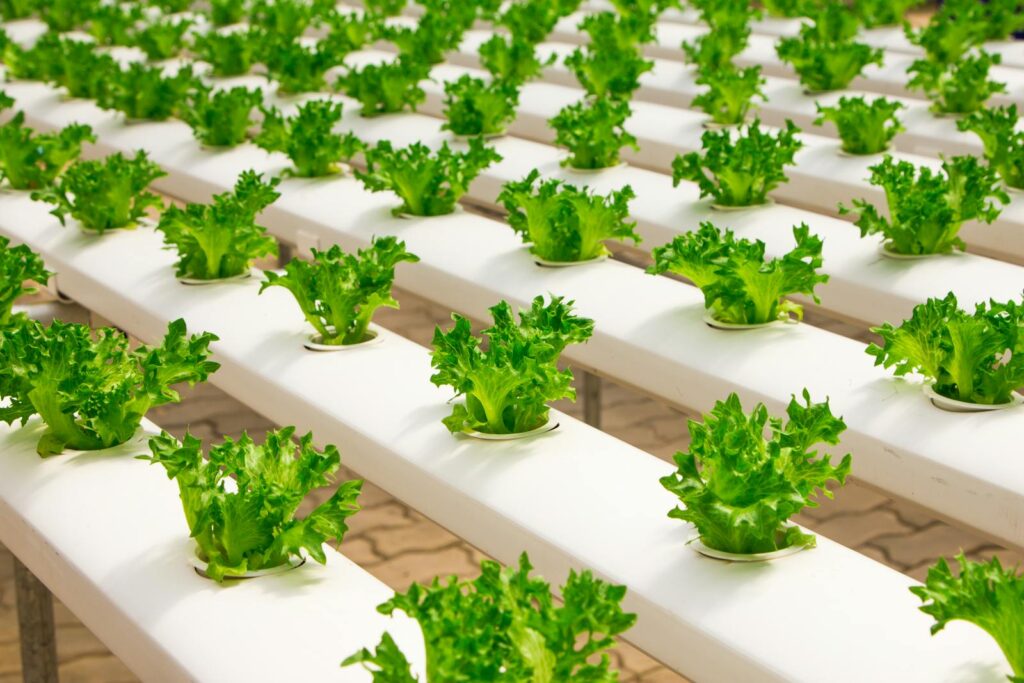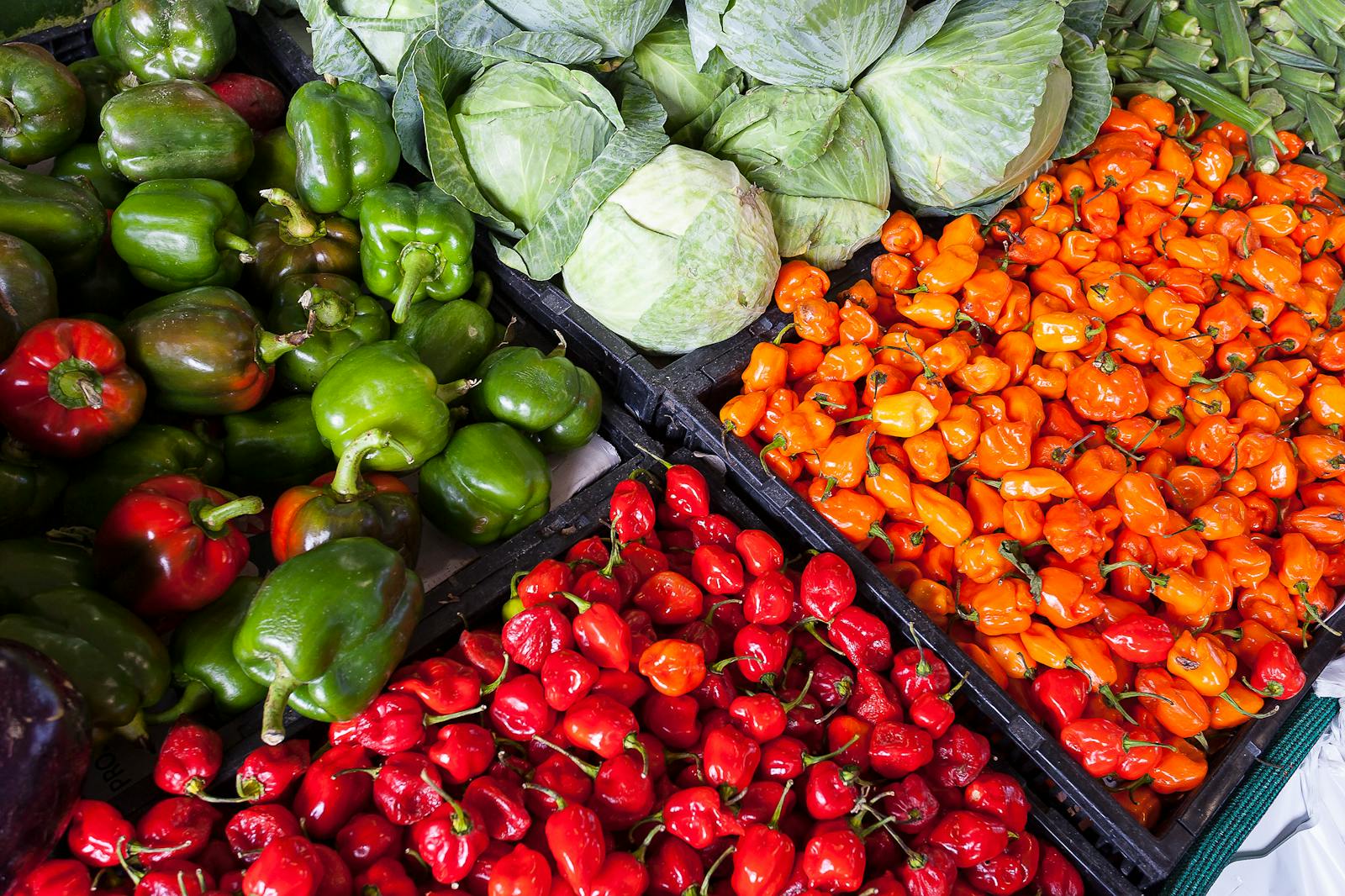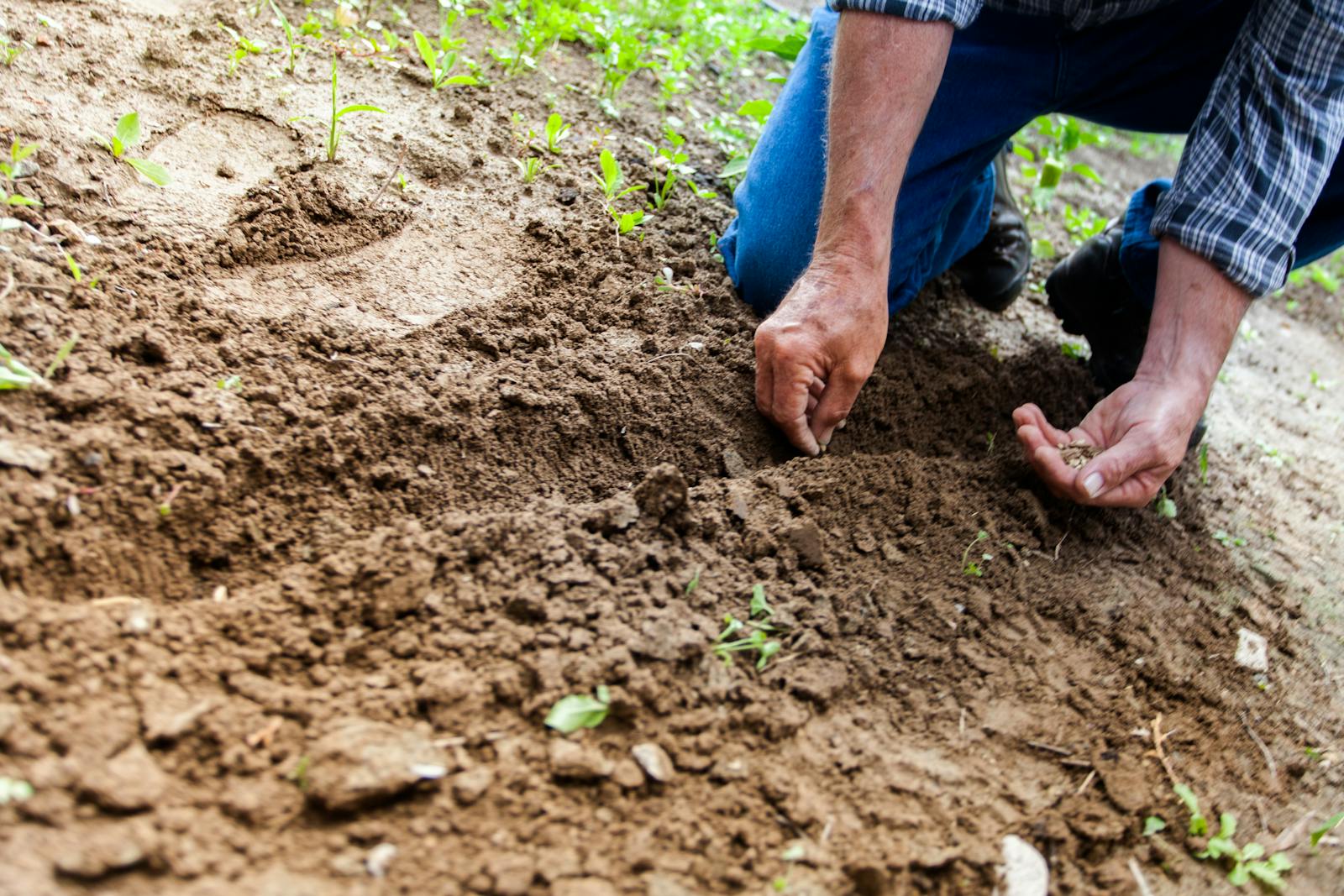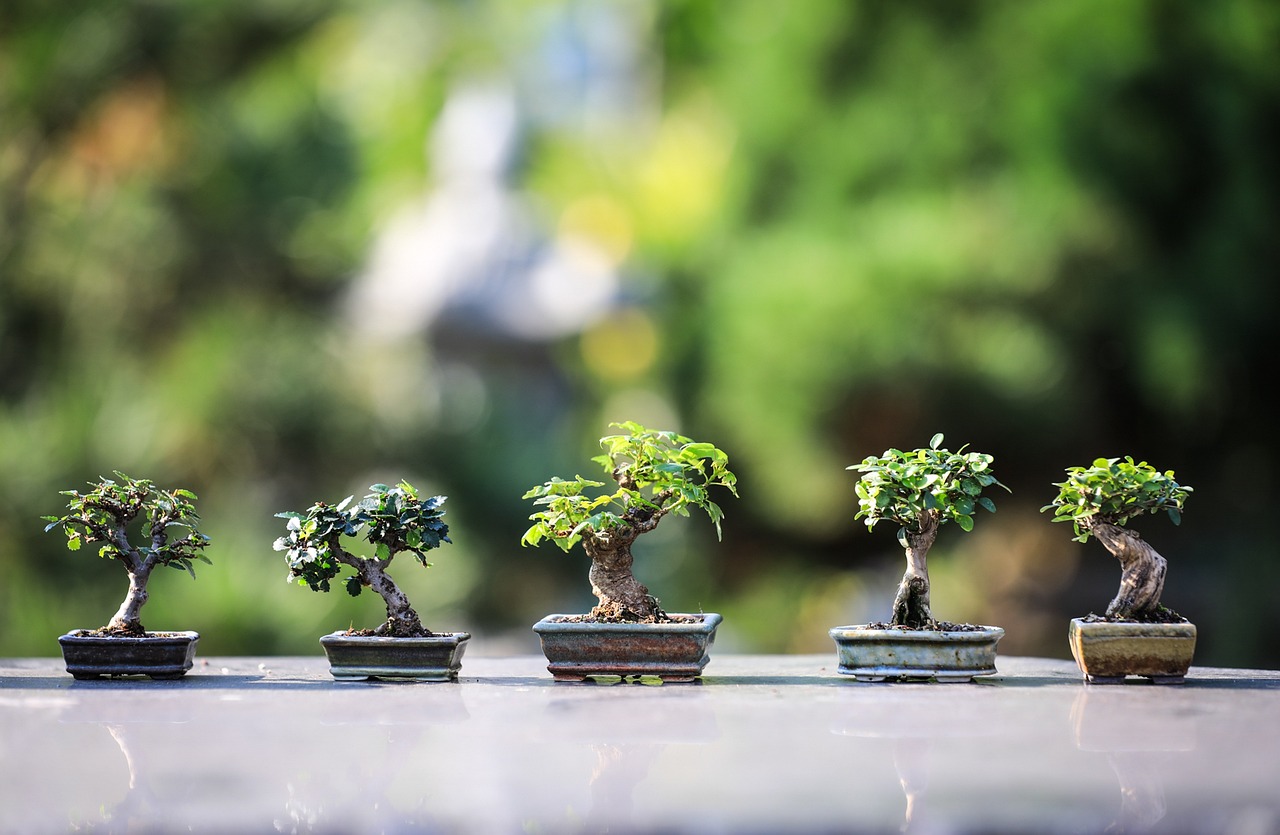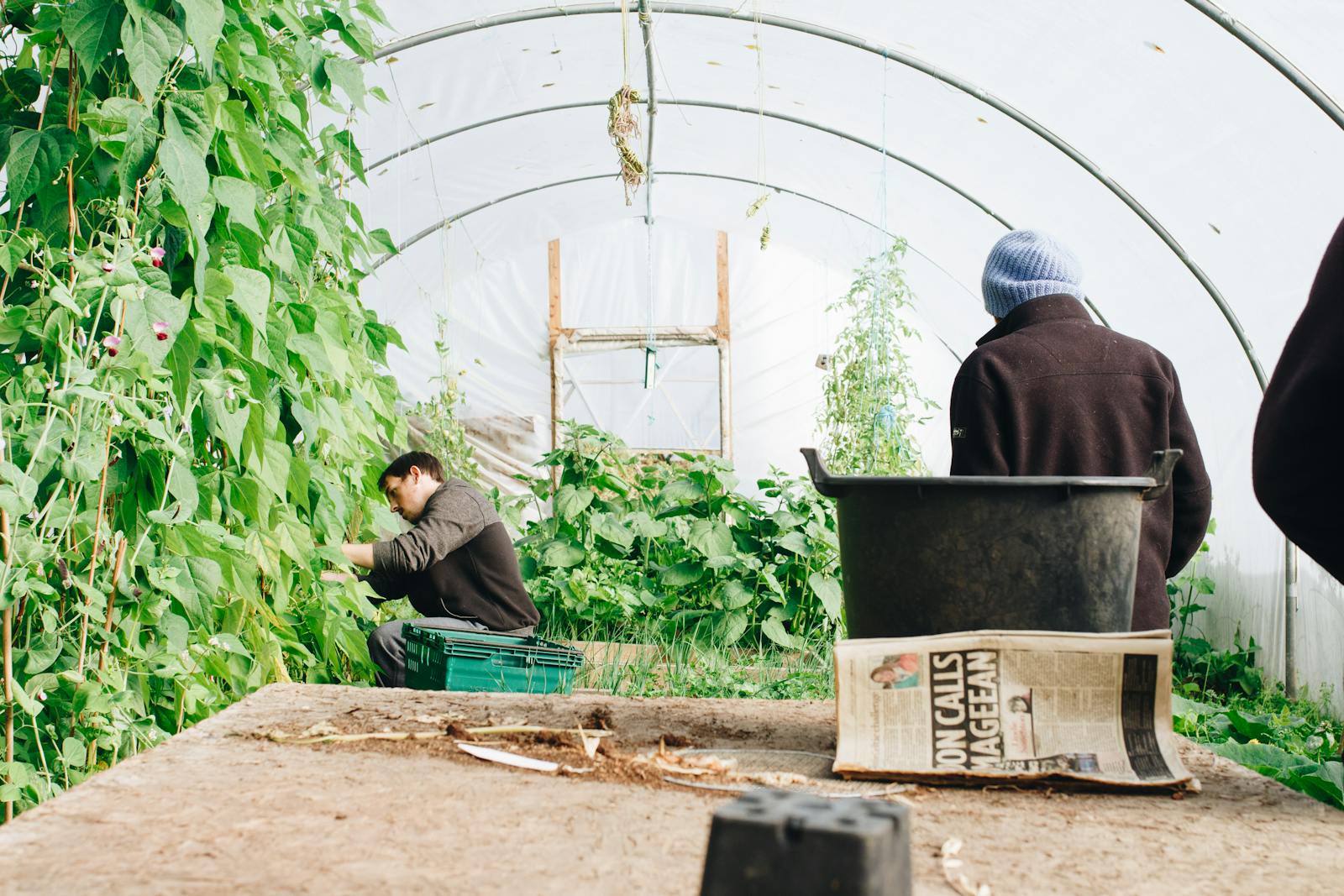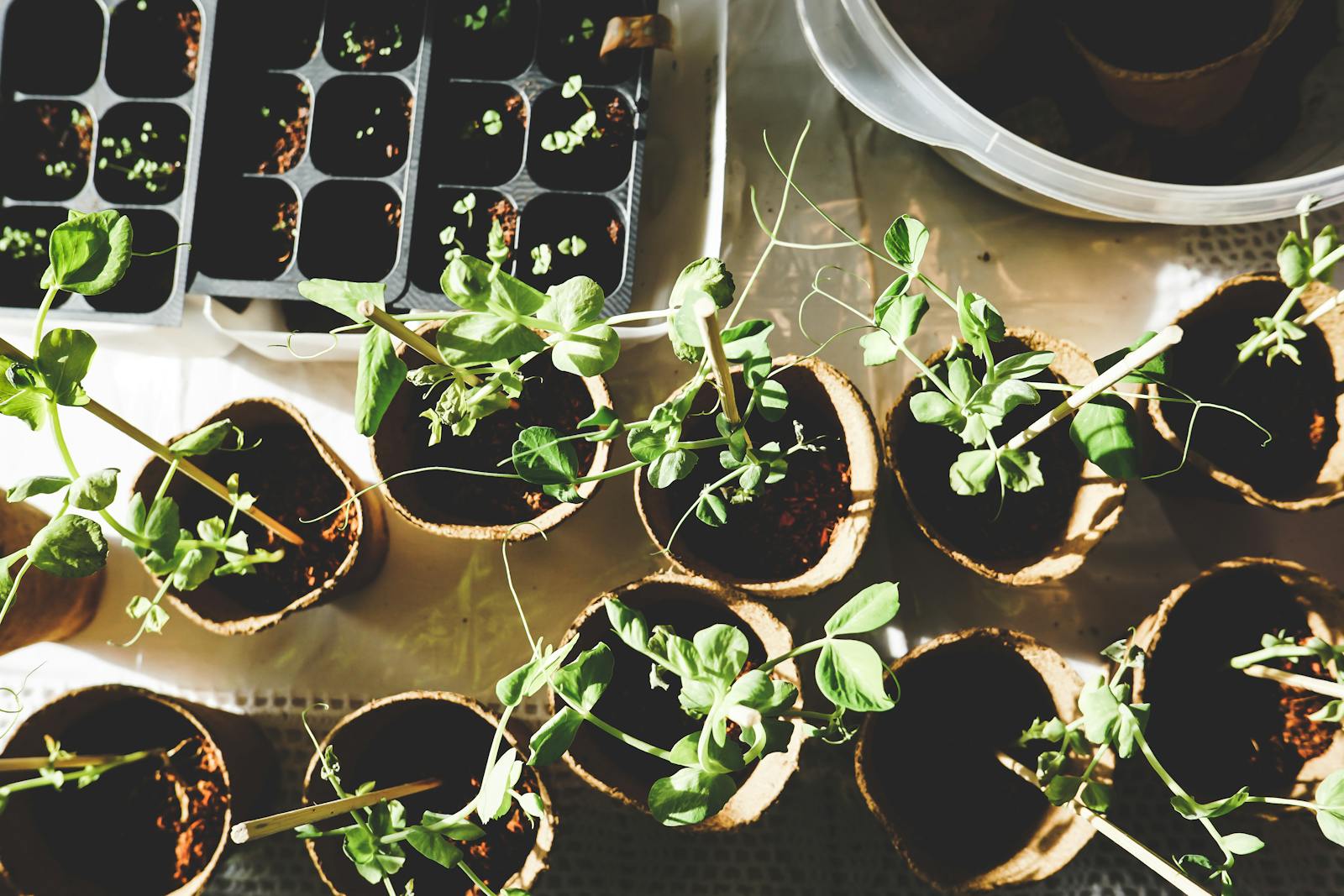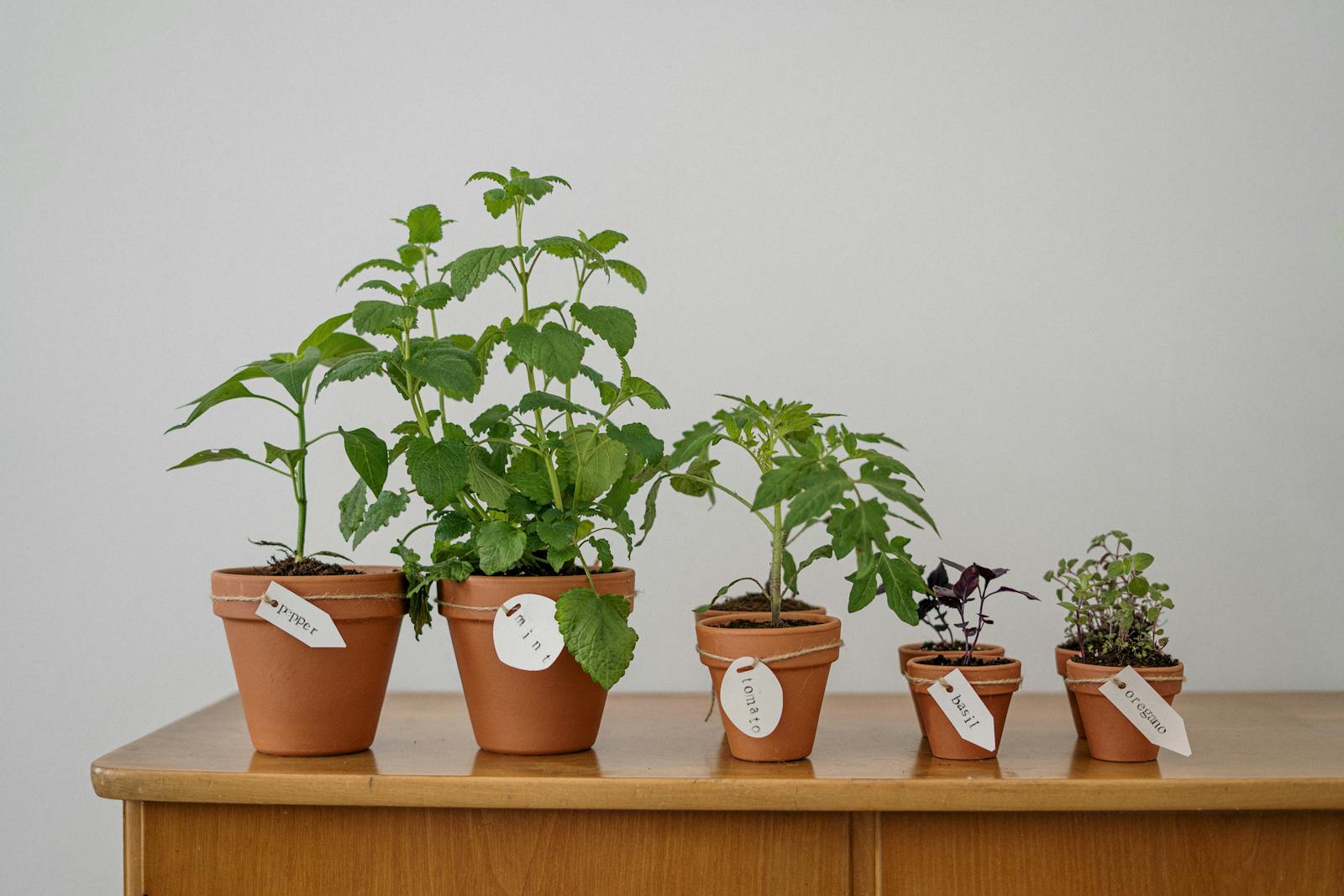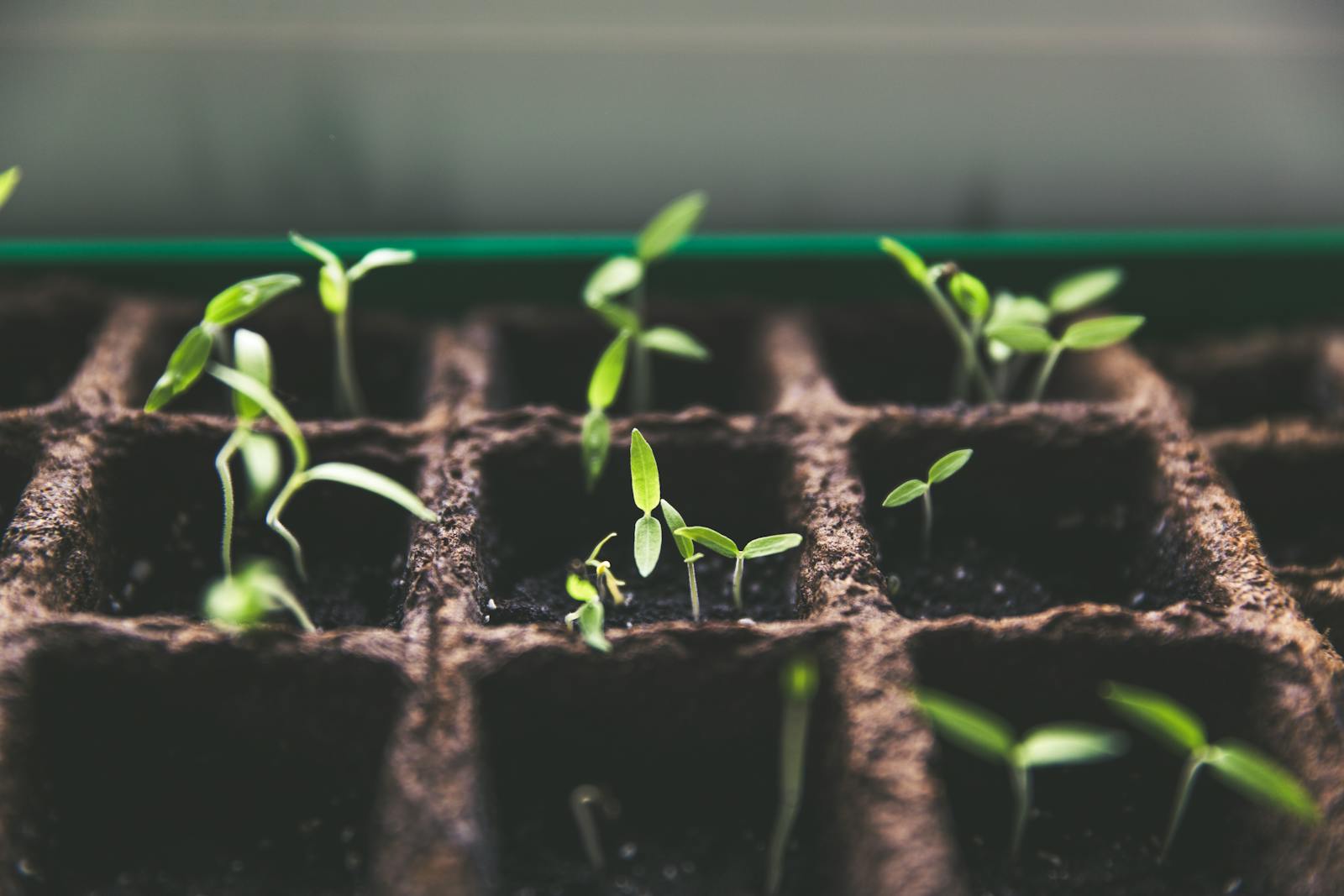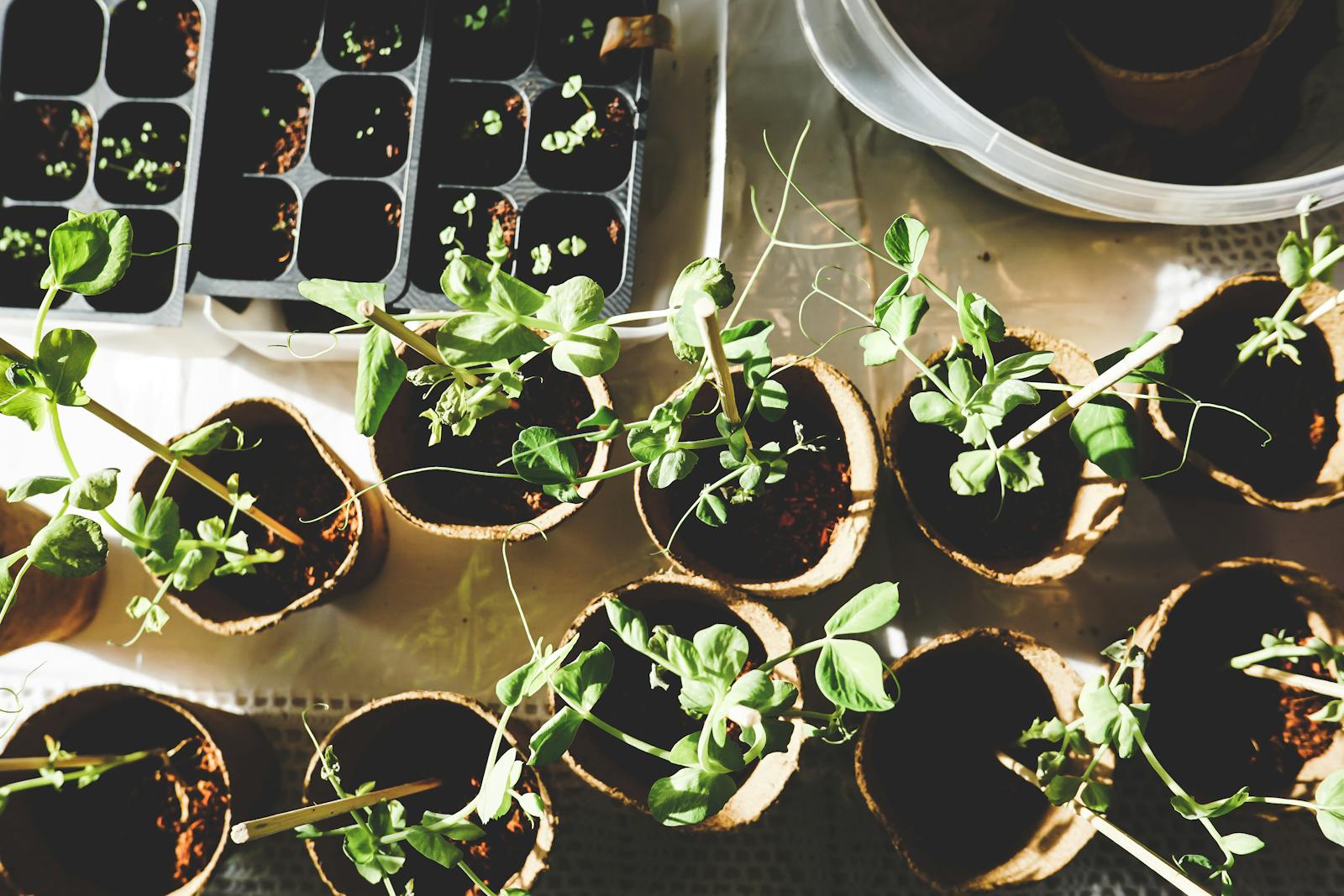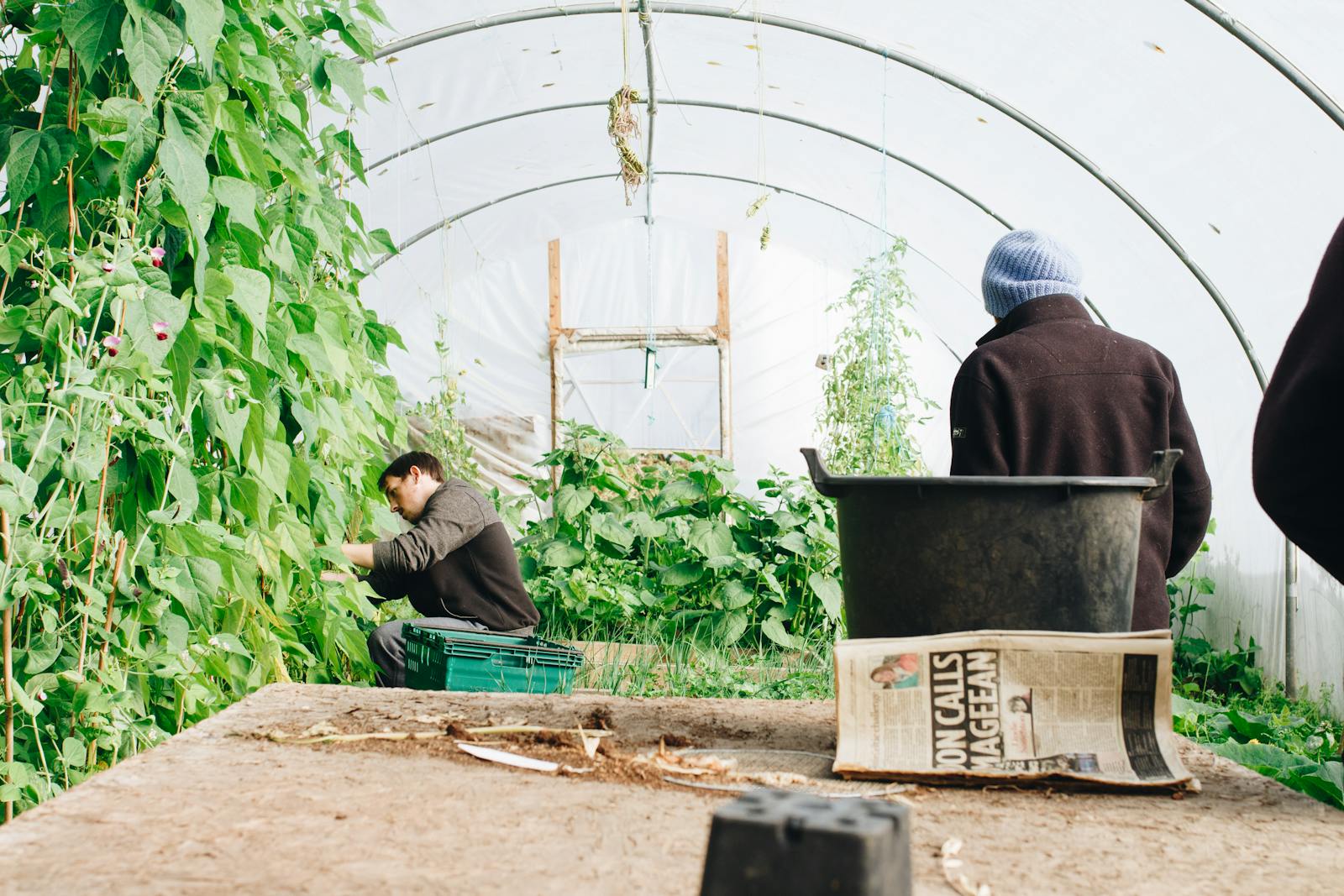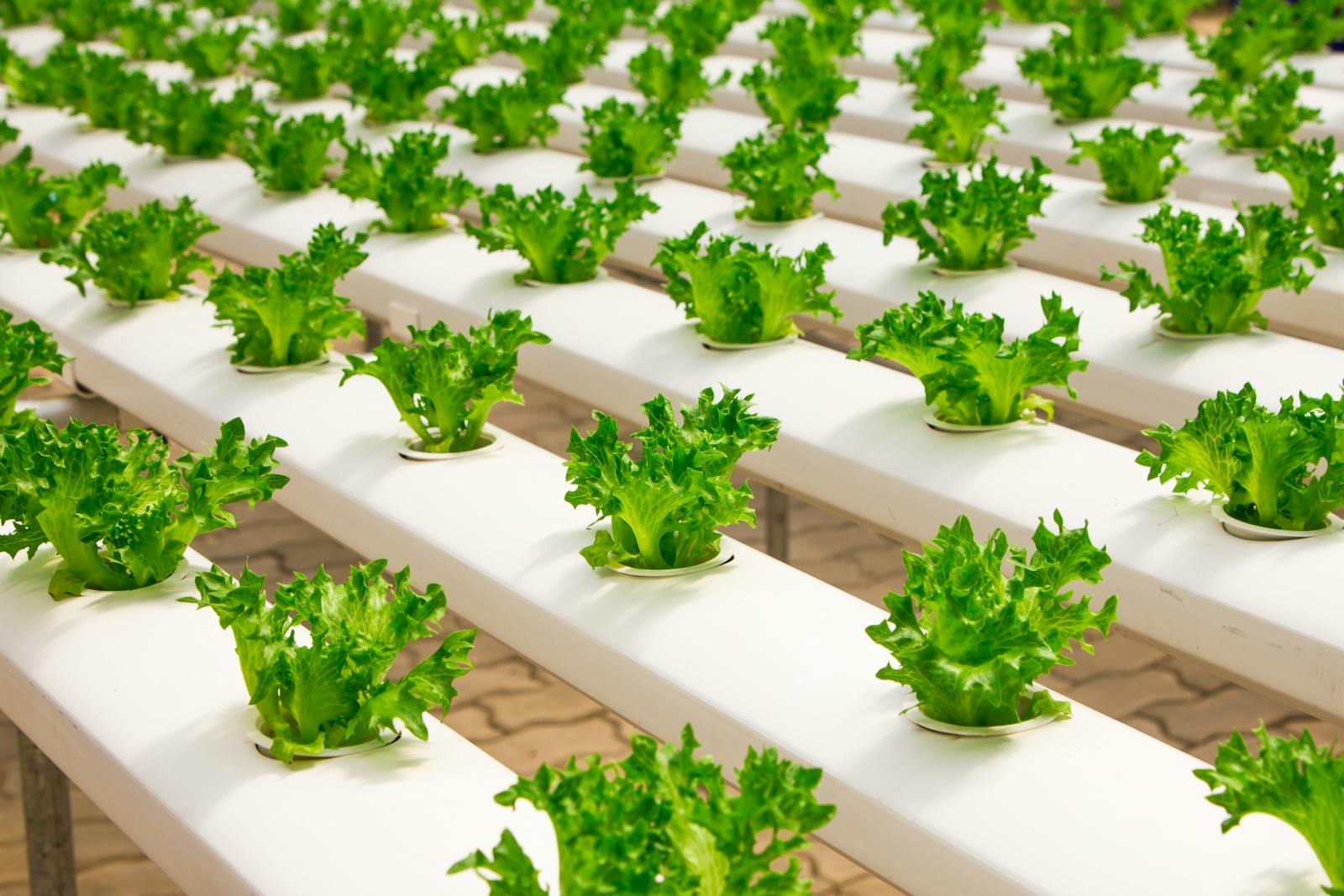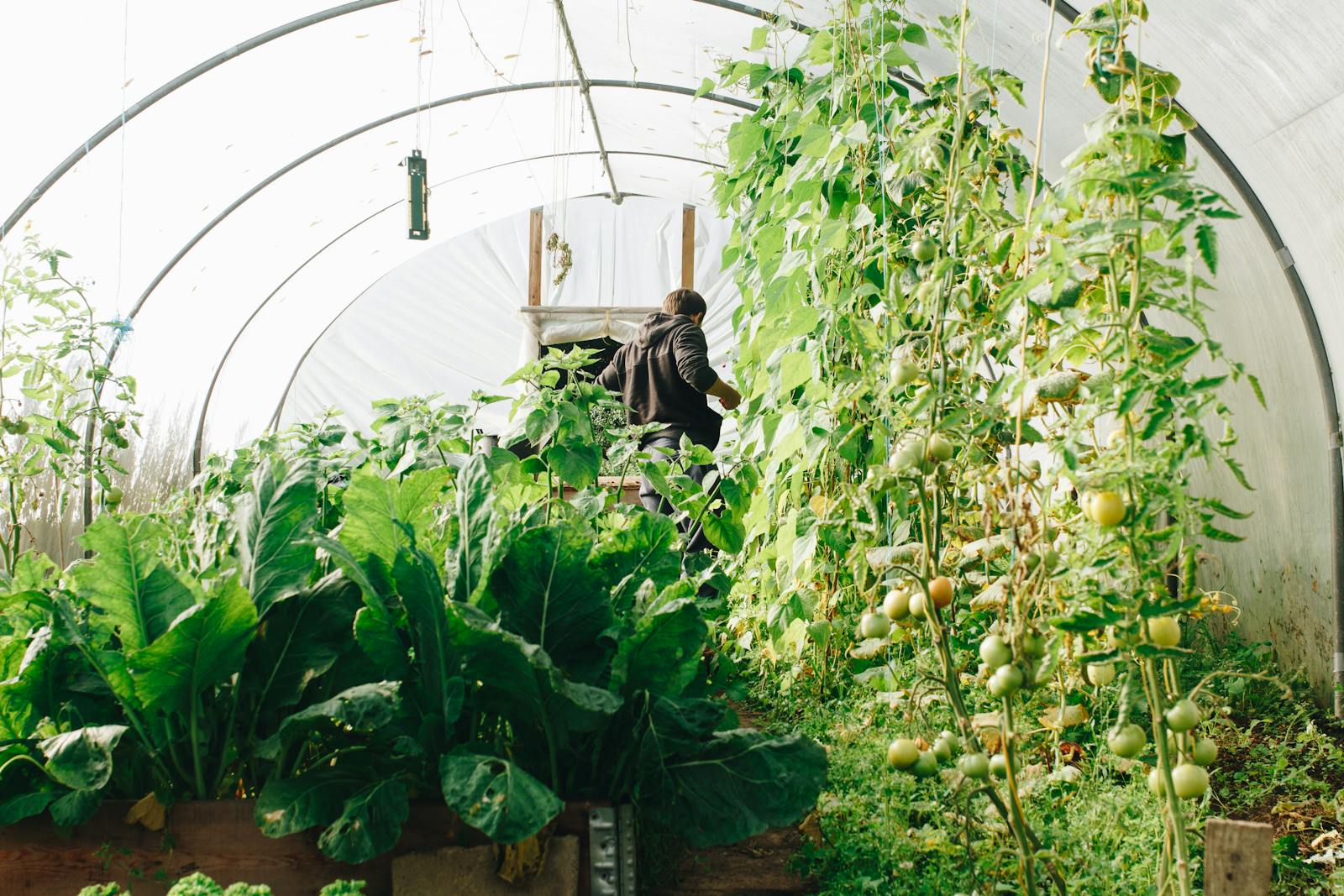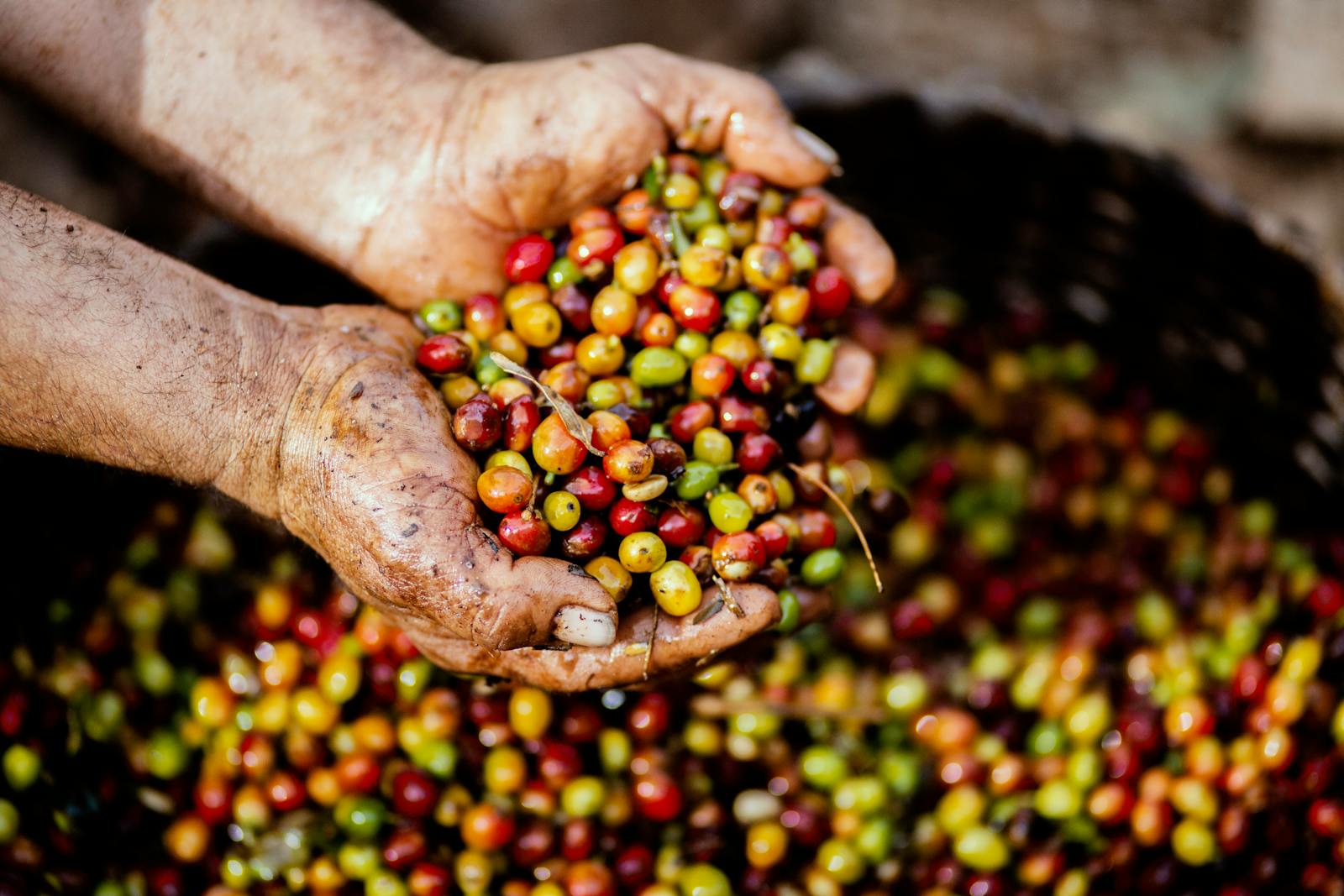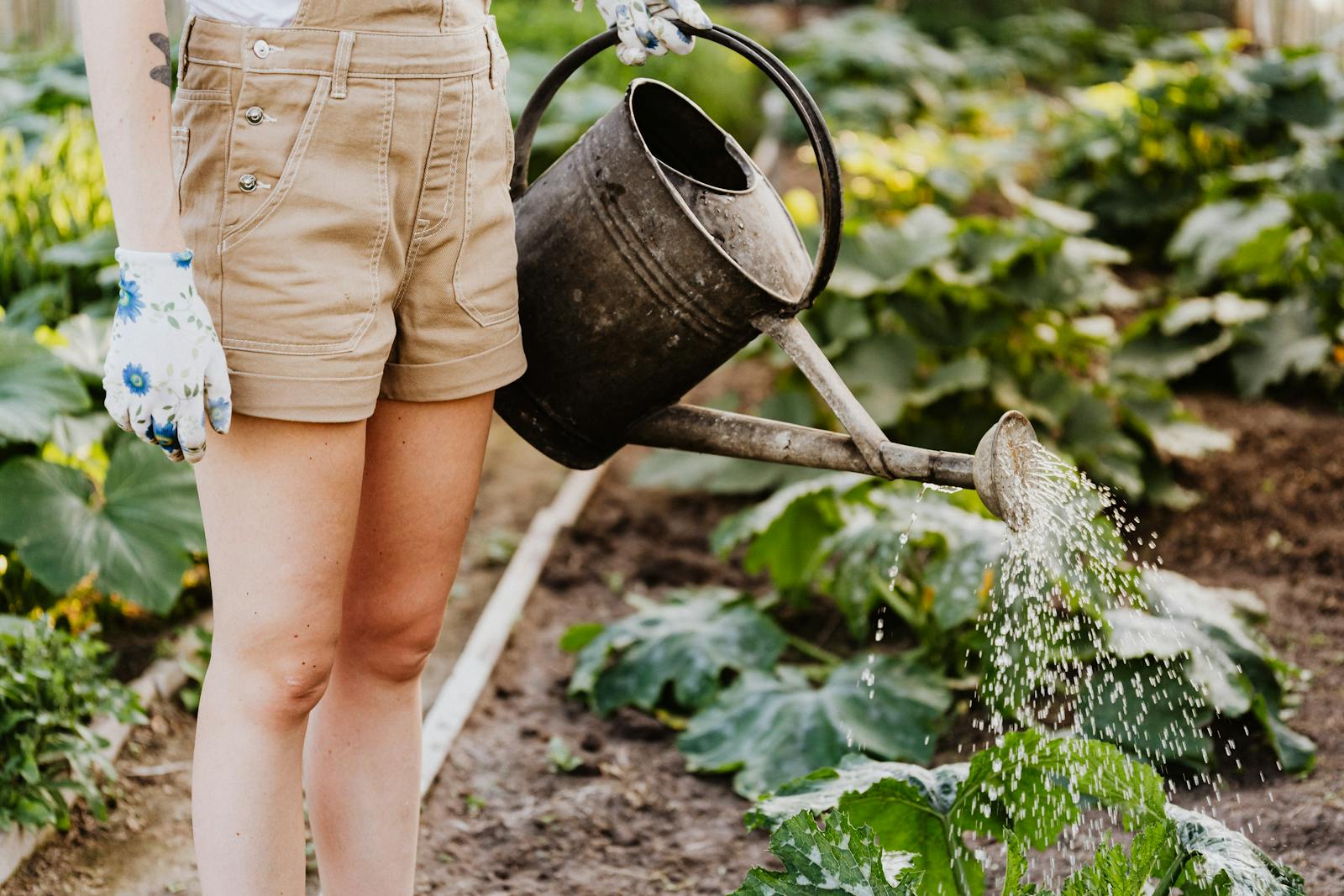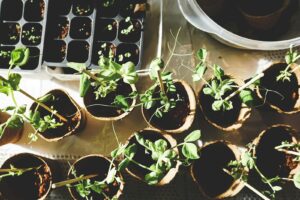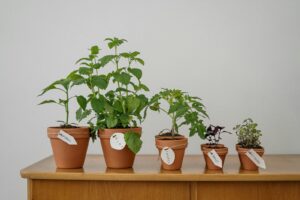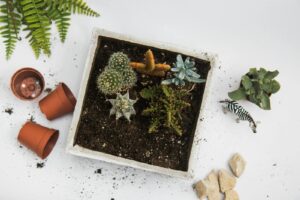Introduction
Soil is the foundation of every successful garden, and understanding how to improve and maintain soil health is crucial. Organic matter plays a vital role in creating fertile, well-drained soil that supports healthy plant growth. In this blog post, we’ll explore the importance of organic matter and various soil amendments, including how to incorporate them into your garden. Whether you’re looking to improve soil texture, increase fertility, or promote a more sustainable garden, this guide will provide the knowledge you need to get started.
1. What is Organic Matter?
Organic matter refers to any material that comes from living organisms, such as plants, animals, and microorganisms, that has decomposed over time. In gardening, organic matter is a key component of healthy soil. It helps improve the soil’s structure, water retention, and nutrient content, all of which are essential for plant growth.
- Decomposed Plant Matter: Fallen leaves, grass clippings, and other plant materials break down into organic matter that enriches the soil.
- Animal Manure: Well-composted manure from animals like cows, chickens, and horses is a valuable source of organic matter for gardens.
- Compost: Homemade or store-bought compost is a rich form of organic matter that results from the breakdown of organic waste, including kitchen scraps, yard waste, and more.
2. Benefits of Organic Matter in Soil
Adding organic matter to your soil offers several key benefits:
- Improved Soil Structure: Organic matter helps to loosen heavy, clayey soils, improving drainage and allowing roots to grow deeper. In sandy soils, it helps the soil retain moisture and nutrients.
- Increased Nutrient Content: As organic matter decomposes, it releases essential nutrients like nitrogen, phosphorus, and potassium into the soil, making them available for plants.
- Better Water Retention: Organic matter acts like a sponge, holding onto moisture and slowly releasing it to the plants as needed, reducing the need for frequent watering.
- Microbial Activity: Healthy, decomposed organic matter supports the growth of beneficial microorganisms in the soil, which in turn improves soil health and promotes plant growth.
3. Soil Amendments: Enhancing Soil Health
Soil amendments are materials added to the soil to improve its physical properties, fertility, or nutrient content. While organic matter is the primary amendment for most gardeners, several other materials can further enhance soil health. Here are some popular soil amendments:
- Compost: One of the best ways to improve soil fertility and structure. Compost provides a balanced mix of nutrients, microorganisms, and organic matter. It also helps improve the soil’s ability to retain moisture.
- Manure: Animal manure, particularly from cows, chickens, and horses, is rich in nutrients and works well as a soil amendment. However, it should be composted before use to avoid burning plants and to reduce pathogens.
- Peat Moss: Peat moss helps retain moisture in the soil and improves aeration. However, its environmental impact should be considered, as peat bogs take centuries to regenerate.
- Vermiculite and Perlite: Both materials improve soil drainage and aeration. Vermiculite is also rich in magnesium and potassium, while perlite provides additional oxygen for root growth.
- Bone Meal: Bone meal is a slow-release source of phosphorus and calcium, which are essential for strong root development and healthy blooms.
- Blood Meal: A nitrogen-rich amendment that supports leafy growth, blood meal is particularly useful for plants with high nitrogen needs, such as leafy vegetables.
4. How to Add Organic Matter to Your Garden
Incorporating organic matter into your garden soil is a straightforward process, but it requires a bit of effort to ensure the best results. Follow these steps to effectively add organic matter to your garden:
- Prepare the Soil: Before adding organic matter, clear the area of any weeds, rocks, or debris. You can use a shovel, rake, or hoe to loosen the top 2-3 inches of soil to allow better incorporation of the organic matter.
- Apply Compost: Spread a layer of compost (about 2-3 inches thick) over the soil surface and gently mix it into the soil with a garden fork or tiller. If you’re using manure, be sure it’s well-composted to avoid harming your plants.
- Mulching: Instead of incorporating organic matter directly into the soil, you can apply a layer of mulch on top of the soil. This helps conserve moisture, suppress weeds, and gradually improves soil health as it breaks down.
- Regularly Add Organic Matter: Organic matter decomposes over time, so it’s important to continually add fresh compost or organic materials to maintain soil health. A good rule of thumb is to add organic matter every season or after each growing cycle.
5. How to Use Soil Amendments Effectively
Soil amendments can be powerful tools for improving soil health, but they should be used carefully. Here are some tips for using soil amendments effectively:
- Know Your Soil Type: Different soils benefit from different types of amendments. For example, clay soils benefit from organic matter to improve drainage, while sandy soils benefit from amendments that help retain moisture.
- Use Amendments in Moderation: While amendments can enhance soil fertility, too much of certain materials, like manure or blood meal, can lead to nutrient imbalances. Always follow recommended guidelines for the specific amendment you’re using.
- Test Your Soil: Before adding amendments, test your soil to determine its nutrient levels and pH. This will help you select the right amendments and avoid over-application of unnecessary nutrients.
6. Sustainable Organic Gardening Practices
Organic matter and soil amendments are key components of sustainable gardening. To maintain a healthy garden ecosystem, here are a few practices you can adopt:
- Composting: Composting kitchen scraps, yard waste, and other organic materials reduces landfill waste and provides a continuous source of organic matter for your garden.
- Cover Crops: Planting cover crops like clover, rye, or legumes helps to fix nitrogen in the soil and prevent erosion, improving soil fertility for future crops.
- Crop Rotation: Rotating your crops each season helps prevent soil depletion, minimizes pest buildup, and ensures a balanced nutrient cycle in the soil.
- Mulching: As mentioned earlier, mulching with organic materials provides long-term benefits for your garden by improving soil structure and moisture retention.
7. Common Mistakes to Avoid
While adding organic matter and soil amendments is essential for a healthy garden, there are common mistakes that gardeners often make. Here are some things to avoid:
- Using Raw Manure: Fresh manure can burn plants due to its high nitrogen content and may contain pathogens. Always compost manure before using it in your garden.
- Overworking the Soil: Over-tilling or excessive soil disturbance can damage soil structure and harm beneficial microorganisms. Only till when necessary and avoid tilling when the soil is too wet.
- Relying Solely on Amendments: Soil amendments are helpful, but they should be part of a holistic approach to gardening that includes proper watering, pest control, and plant care.
Conclusion
Incorporating organic matter and soil amendments into your garden is one of the best ways to ensure healthy, thriving plants. Organic matter enriches the soil, improves plant growth, and creates an environment that supports beneficial microorganisms. By selecting the right amendments and adding them at the appropriate time, you can enhance your soil’s fertility and structure for years to come. With these practices, you’ll be well on your way to cultivating a sustainable and productive garden.
